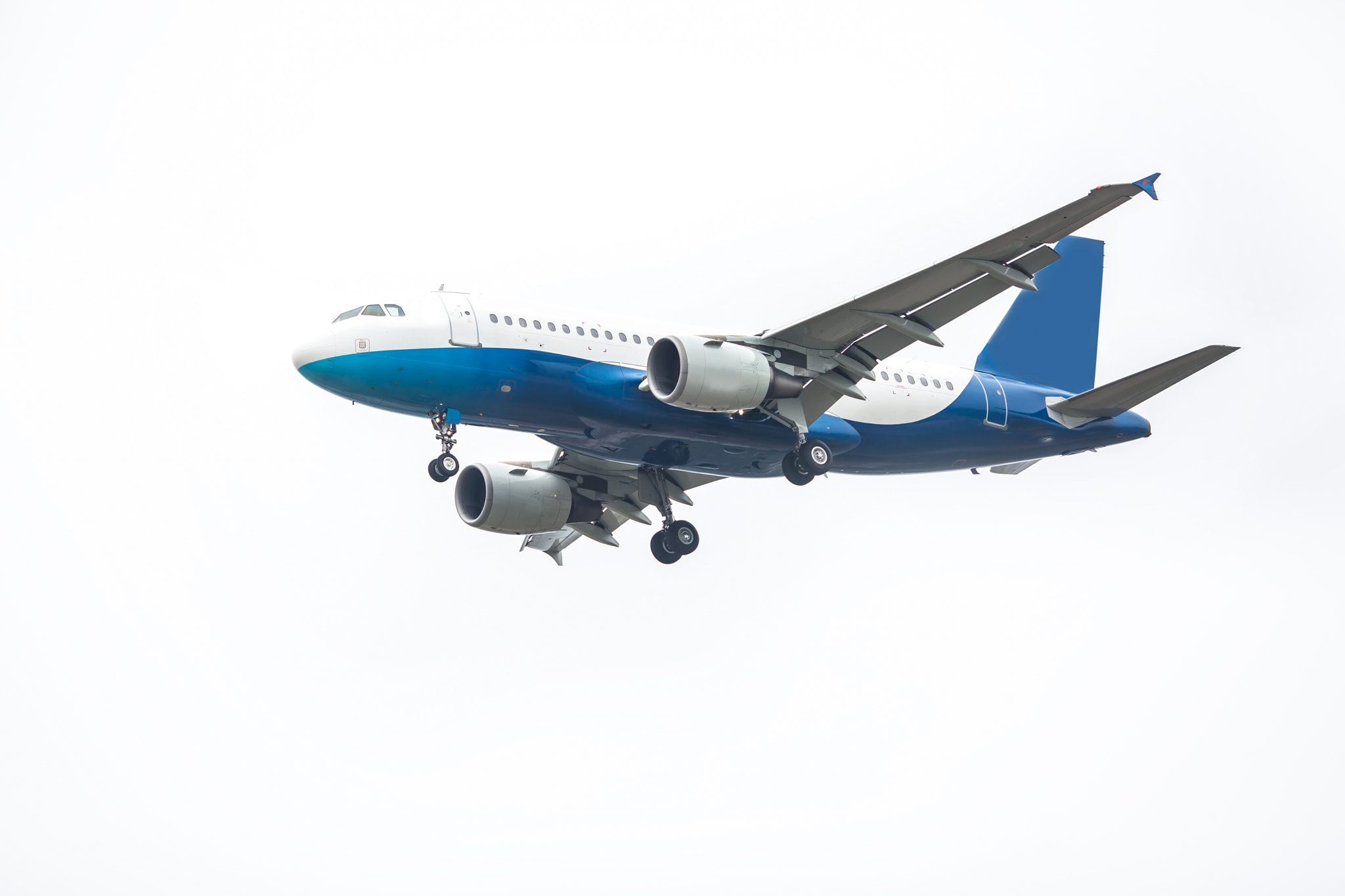
darrinnichols
About darrinnichols
The Rise of Private Jet Companies: A Case Study on Luxurious Journey in the twenty First Century
Introduction
The private jet trade has witnessed important progress over the previous few many years, evolving from a distinct segment market for the ultra-rich to a extra accessible mode of transportation for business executives and affluent people. This case research explores the elements contributing to the rise of private jet companies, the challenges they face, and the way forward for this luxurious travel phase.
Historical Context
The concept of private air travel dates again to the early twentieth century, however it wasn’t till the submit-World Battle II period that private jets became more prevalent. The introduction of enterprise jets, such as the Learjet within the 1960s, revolutionized air travel for corporate executives, allowing them to reach a number of locations in a single day. Over the years, the market has expanded, with numerous corporations entering the sector, providing a range of providers from fractional ownership to on-demand charter flights.
Market Dynamics
Demand Drivers
A number of factors have pushed the demand for private jet travel:
- Time Efficiency: Enterprise leaders often have tight schedules that require fast journey between meetings. Private jets get rid of long security strains and delays associated with industrial flights, permitting passengers to arrive closer to their locations.
- Privateness and Consolation: The desire for privacy during travel is paramount for many high-profile individuals. Private jets supply a secluded surroundings where passengers can conduct business or loosen up without the distractions of commercial airline travel.
- Globalization: As businesses broaden globally, the necessity for efficient travel has elevated. Firms are trying for ways to keep up productiveness whereas minimizing journey time, further fueling the demand for private aviation.
- COVID-19 Pandemic: The pandemic accelerated the shift in the direction of private journey as people sought safer, more controlled environments. If you enjoyed this short article and you would certainly like to obtain even more info regarding international private jet charter companies (privatejetscharter.review) kindly check out our web-site. The perception of threat associated with industrial flights led many to contemplate private jets as a viable alternative.
Aggressive Panorama
The private jet business consists of various gamers, including:
- Charter Corporations: These corporations provide on-demand flights without the need for ownership. Examples embody NetJets, Flexjet, and Wheels Up.
- Fractional Ownership: Companies like NetJets and Flexjet supply fractional ownership options, allowing people to purchase a share of a jet, thereby lowering costs while still enjoying the advantages of private journey.
- Jet Card Applications: Corporations equivalent to Sentient Jet and Jet Linx supply jet card applications, offering prospects with pre-purchased flight hours at a fixed charge, making certain value predictability.
- Luxury Airlines: Some traditional airways have entered the private jet market, providing bespoke services to cater to their high-end clientele.
Challenges Going through Private Jet Companies
Whereas the private jet industry is thriving, it faces several challenges:
- Regulatory Hurdles: The aviation industry is closely regulated, with stringent safety and operational requirements. Navigating these laws can be advanced and expensive for private jet companies.
- Environmental Considerations: As climate change turns into a more pressing problem, the aviation sector faces growing scrutiny relating to its carbon footprint. Private jets are sometimes considered as symbols of excess, resulting in requires more sustainable practices.
- Financial Sensitivity: The demand for private jet travel is closely tied to financial circumstances. Throughout economic downturns, firms might scale again on travel expenses, impacting the private aviation sector.
- Competition: The entry of latest players and the enlargement of existing firms create a extremely competitive surroundings. Sustaining customer loyalty and differentiating providers are essential for success.
Innovations in the Trade
To stay competitive and tackle emerging challenges, private jet companies are adopting modern strategies:
- Sustainability Initiatives: Many corporations are investing in more gas-efficient aircraft and exploring various fuels to reduce their environmental impression. Some are additionally offsetting carbon emissions by way of numerous applications.
- Expertise Integration: The usage of know-how has reworked the booking course of and customer experience. Corporations are leveraging apps and online platforms to streamline reservations, enhance communication, and supply actual-time updates.
- Enhanced Customer Experience: Private jet companies are focusing on personalized services, offering tailored experiences that cater to individual preferences. This contains bespoke catering, in-flight leisure options, and customizable cabin layouts.
- Membership Fashions: To draw a broader customer base, some corporations are providing membership applications that present entry to private jets at a lower price than conventional ownership fashions. This democratizes private travel and appeals to youthful, affluent travelers.
Future Outlook
The future of private jet companies appears promising, with continued progress anticipated in the sector. As more individuals recognize the advantages of private travel, the market is more likely to expand further. Nevertheless, companies must remain agile, adapting to changing client preferences, regulatory landscapes, and environmental expectations.
The combination of recent applied sciences, akin to electric and hybrid aircraft, might revolutionize the trade, making private journey extra sustainable and accessible. Moreover, because the world turns into more and more interconnected, the demand for efficient journey options is anticipated to rise.
Conclusion
Private jet companies have efficiently carved out a distinct segment in the luxurious journey market, driven by the desire for efficiency, privacy, and consolation. Whereas the industry faces challenges, its capacity to innovate and adapt will decide its future trajectory. Because the demand for private air travel continues to grow, these firms should stability luxury with sustainability to fulfill the expectations of a brand new generation of travelers.
No listing found.


